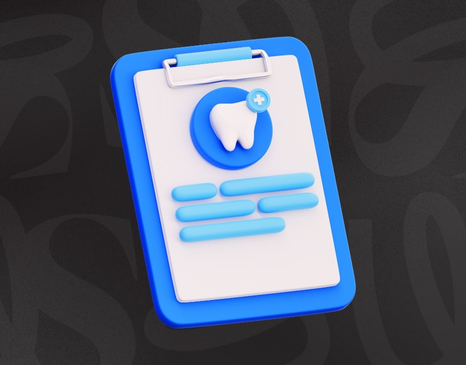Having an optimized online presence is crucial for getting new patients through your doors. The trick? Using the right keywords.
At SmileShop Dental Marketing, we specialize in helping dental practices optimize their digital presence—including search engine optimization (SEO). To help you get started, we’ve put together a list of essential keywords that every dental practice should use to improve visibility, attract local patients, and grow your business.
Why Keywords Matter
When potential patients search for dental services, they typically type queries like “dentist near me” or “teeth whitening services” into search engines like Google. These words or phrases, known as keywords, help search engines match the query with relevant results.
The better your website ranks for these keywords, the more likely patients are to find your practice. But it’s not just about choosing random dental-related words—it’s about selecting targeted, high-traffic keywords that match patient intent and your services.
Top Keywords for Your Dental Practice
Local SEO Keywords
For dental practices, local SEO is crucial. Most patients are searching for a dentist within their geographic area, so including location-based keywords is essential. Here are some top local SEO keywords to use:
- “Dentist in [City Name]” – For example, “Dentist in Calgary” or “Dental exams in Vancouver.”
- “Dental clinic near me” – Many patients search for this phrase when looking for nearby services.
- “[Service] in [City Name]” – Tailor this to specific services, like “Teeth whitening in Toronto” or “Pediatric dentist in Ottawa.”
By using these location-based keywords throughout your website—on service pages, in meta descriptions, and in blogs—you help ensure that your practice shows up for local patients searching for dental care.
Service-Specific Keywords
Patients often search for specific treatments or services rather than general dental terms. By targeting service-specific keywords, you increase your chances of being found by patients looking for exactly what you offer. Here are some examples of top service-related keywords:
- Teeth whitening
- Dental implants
- Invisalign
- Emergency dentist
These service-specific keywords should be used on the corresponding service pages, blog posts, and even in FAQs. The more relevant your keywords are to the services you provide, the better your website will rank in search results.
Long-Tail Keywords
Long-tail keywords are longer and more specific phrases that patients may use when they’re closer to making a decision. They’re less competitive than short keywords and can target patients with specific needs. Examples include:
- “Best affordable dentist for Invisalign in [City]”
- “Pain-free root canal treatment near me”
- “What do dental implants cost in [City]”
These keywords often have lower search volume but tend to convert better because they capture patients who are ready to take action.
Symptom-Based Keywords
Many patients search for dentists based on symptoms they are experiencing. Targeting symptom-based keywords allows you to attract patients who may not know exactly what treatment they need but are actively seeking help. Here are a few examples:
- Toothache
- Bleeding gums
- Chipped tooth
- Yellow teeth
- Bad breath
Using these keywords in blog posts, FAQs, and even service descriptions can increase your chances of capturing symptom-based searches.
Questions as Keywords
Search engines like Google are increasingly favouring question-based queries. Patients frequently ask questions when looking for dental care, and you can use this to your advantage by creating content around common questions like:
- “How much does a root canal cost?”
- “How long does Invisalign take?”
- “What’s the best way to whiten teeth?”
When you create blog posts, FAQs, or service pages that address these questions directly, search engines are more likely to feature your practice when users search for these topics.
Competitor Keywords
It’s important to keep an eye on what your competitors are doing. Using tools like Google Keyword Planner or SEMrush, you can discover which keywords are driving traffic to your competitors’ websites. You can then incorporate these keywords into your own content, giving you a better chance of competing for visibility.
How to Optimize Your Website for Keywords
Once you’ve identified the keywords most relevant to your dental practice, the next step is optimizing your website. Here are some tips:
- Incorporate Keywords Naturally
- Don’t overstuff your content with keywords; instead, use them naturally in headings, body text, and meta descriptions.
- Use Keywords in Key Areas
- Ensure that your target keywords appear in important areas like:
- Page titles and headings
- Meta descriptions
- Image alt tags
- URL slugs
- Ensure that your target keywords appear in important areas like:
- Create High-Quality Content
- Google prefers informative, high-quality content, so create blog posts, service pages, and FAQs that provide value while incorporating your keywords.
- Monitor and Adjust
- SEO is an ongoing process. Use tools like Google Analytics to monitor the performance of your keywords and make adjustments as necessary.
Partner with SmileShop Dental Marketing
Effective keyword optimization can make a huge difference in how easily new patients can find your dental practice online.
At SmileShop Dental Marketing, we specialize in helping dental professionals increase their online visibility, drive traffic, and ultimately grow their practice. Contact us today to learn how we can help you create a SEO strategy tailored to your specific needs!






